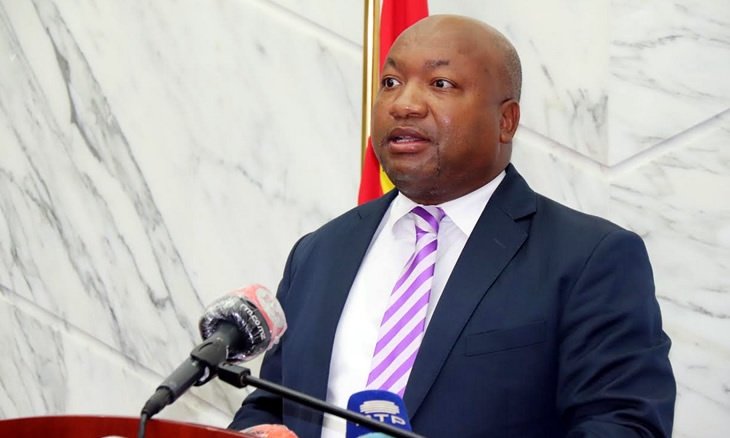Speaking to reporters after the regular meeting of that body, Cabinet spokesman Felimao Swazi said: “Our position is that dialogue prevails and that the government is making efforts to overcome the problems raised by health officials.” In Maputo.
It concerns the demand of health workers who demand, among other things, full inclusion, overtime pay, shift allowances and the provision of hospital supplies, after they went on strike on April 29 and suspended minimum services since May 13.
Felimao Swazi stated that the government is confident of the “success of diplomacy” used so far in the dialogue with health professionals: “Our dialogue strategy has achieved the desired effects and we hope that the conflict will be resolved soon.”
On Monday, health sector workers in Mozambique announced the continuation of the strike and the suspension of minimum services in hospitals, in light of the lack of agreement with the government, which they accuse of “exacerbating harassment and threats.”
“We have already stated that if attempts to disrupt the enjoyment of the right to strike continue, we will take strict measures. In this sense, we have suspended minimum services throughout the country and are still… The strike continues.”
Lopez Guma Rimani explained that during the negotiations in the second week of the strike, health professionals continued to demand, among other demands, a shortage of medical materials in health units, final frames, overtime pay and shift allowances.
“We would like the government to extend a helping hand and assume that the frameworks that professionals in specific health systems have are temporary and that those who work in public systems should also receive a 10% risk allowance. We want final frameworks for everyone,” he said.
More than 50,000 health workers have joined the strike that began on April 29, the Association of United Health Professionals and Solidarity of Mozambique announced earlier.
The strike was scheduled to return on March 28, but it was suspended the previous day after talks with the Mozambican government that culminated in meeting some points of demand, such as the qualification of health professionals and monitoring visits to hospital and surveillance units. APSUSM said at the time that the irregularities in the payment of benefits had been resolved.
Nearly 30 days after the strike was suspended, health workers in Mozambique have again complained of government non-compliance and a lack of visits to monitor adherence to agreements between the parties, saying hospitals are “worse than they were at the beginning of the dialogue.” .
Among other aspects, APSUSM asks the government to provide medicines to hospitals, which patients have to buy in some cases, acquire hospital beds, solve the problem of “food shortages”, as well as medical equipment and ambulances in emergency situations. Non-disposable personal protective equipment and materials, shortages of which “force employees to buy out of their own pockets.”

“Writer. Analyst. Avid travel maven. Devoted twitter guru. Unapologetic pop culture expert. General zombie enthusiast.”

